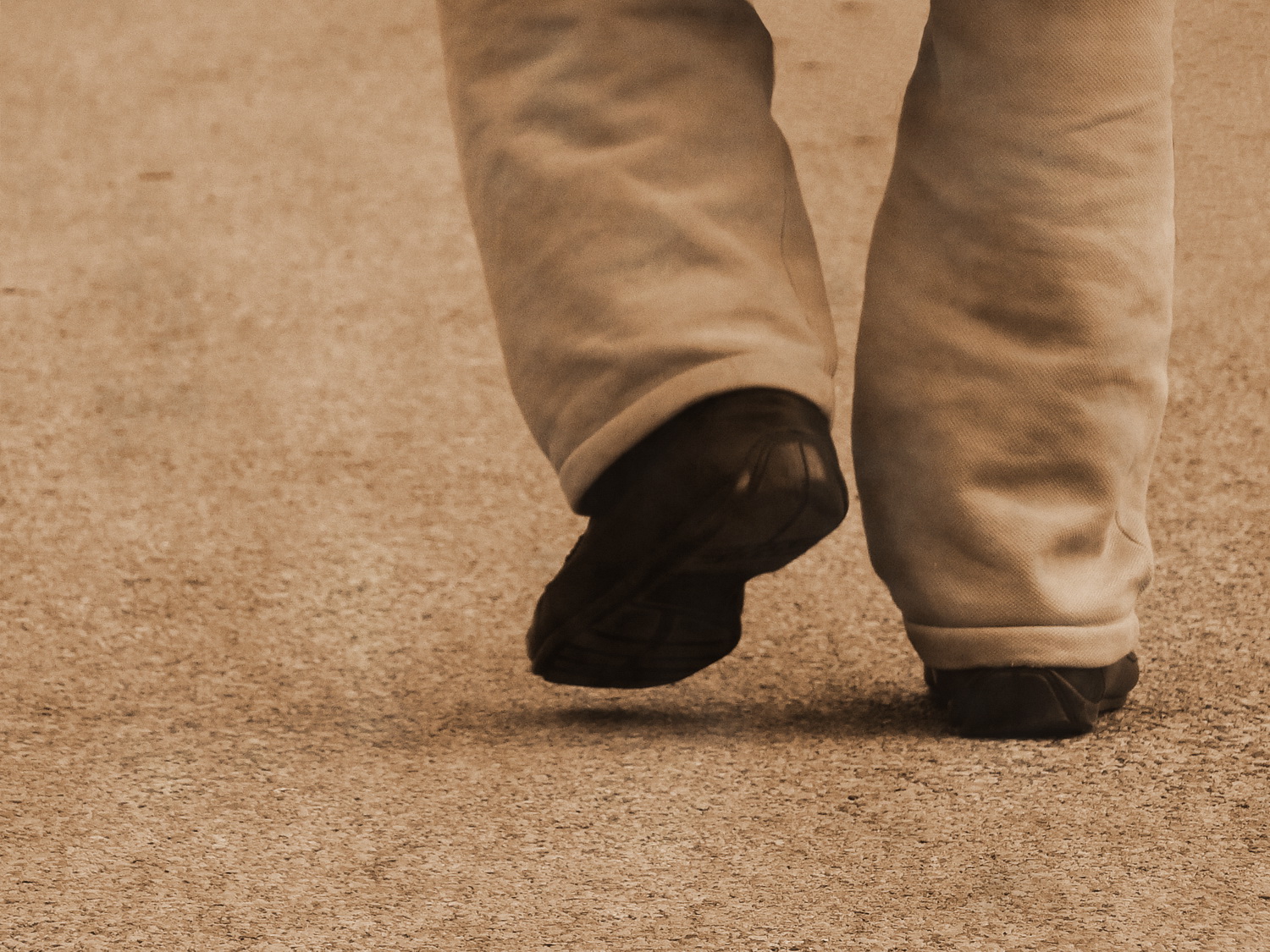
FRIDAY, Oct. 17, 2014 (HealthDay News) — Family rejection could be potentially deadly for teens already at risk for suicide, a new study has found.
When teens were followed six months after discharge from a psychiatric unit for attempting suicide, the majority of boys and girls reported feeling family or peer “invalidation” at the time of discharge.
“Family invalidation refers to a lack of acceptance of individuals’ sense of self and their emotions,” said lead researcher Shirley Yen, an associate professor of psychiatry at the Warren Alpert Medical School of Brown University in Providence, R.I. “This could mean anything from not accepting an aspect of their child’s identity or preferences, such as sexuality, to telling their child they should not feel the way they do, such as feeling depressed or anxious.”
Yen said that parents may actually be supportive of their teens in other ways but could still inadvertently contribute to a sense of invalidation. Peer invalidation, she said, is similar in that the teen feels a “lack of acceptance of the teen’s identity, thoughts or feelings.”
Although the current study found an association between a lack of family or peer acceptance and suicide and self-harm risk, the study doesn’t prove these factors were a direct cause of these behaviors. The researchers note that other factors — such as bullying or the self-acceptance of sexual orientation — could also have played a role in suicide attempts and self-harm.
For the current study, Yen’s team tracked 99 teenagers for six months after they had been discharged from a hospital’s psychiatric unit for suicide risk, either due to self-harm, a suicide attempt or suicidal thoughts.
On a weekly basis, the teens were asked whether they felt accepted by their family and peers. They were also asked if they were able to express their true thoughts and feelings without being dismissed, punished, ignored or mocked.
Girls were more likely to perceive rejection from their families at the start of the study. But it was boys’ perception of family rejection that increased their risk of suicide attempts, according to the study.
After researchers made adjustments to account for other known suicide risk factors among the participants, boys with feelings of invalidation from their families were almost four times more likely to attempt suicide than boys who didn’t feel rejected.
And the longer boys felt rejected, the more likely they were to attempt suicide. The study found that boys who felt rejected most often during the follow-up were eight times more likely to attempt suicide than those who felt accepted by their families.
Both boys and girls who felt rejected by their peers at the start of the study were more likely to self-harm, such as cutting, than those who felt peer acceptance.
Among just girls, the odds of self-harm were 86 percent higher if they felt peer invalidation. The results for boys alone varied so greatly that they did not reach statistical significance for self-harming behaviors, according to the study.
Although the study analysis took race into account, cultural and ethnic differences may still have implications for these findings, suggested Susan De Luca, an associate professor of social work at the University of Texas at Austin.
Latino teens, for example, may think of cousins around their age as family members rather than peers even though support from that group would be a type of peer support, she said. She also noted that the study did not allow the researchers to tease out specifics related to relationships with different family members, such as a teen’s relationship with one parent versus the other.
“At least with my research with Latina adolescent suicide attempters, we find that a fight with mother is a strong predictor of a suicide attempt,” she said. “So this might be fresh in their mind while they are an in-patient and then state a little too simplistically that they are not validated by family.”
Although this study did not investigate the participants’ sexual orientation, gay, lesbian, bisexual and transgender teens comprise one of the highest risk groups for suicide, De Luca said. “Many LGBTQ kids have tense or [conflicting] relationships with their family members and this [study’s findings] might help explain some of the higher rates of LGBTQ suicidal behaviors,” she said.
Teens who are having thoughts of suicide or self-harm can get help by calling one of two national suicide hotlines: 1-800-SUICIDE (1-800-784-2433) or 1-800-273-TALK (1-800-273-8255).
Parents who are concerned their child is at risk for suicide should do what they can to “suicide-proof” their home, Yen said, by removing firearms, sharp objects, large quantities of pills and other substances that teens could use for a suicide attempt.
However, she said, suicide “is exceedingly difficult to predict because not all teens exhibit the classic warning signs.”
“Parents and loved ones should watch for depression and hopelessness, change in behaviors, particularly decreased sleep, giving away of possessions and increase in substance use,” Yen said. Self-harm behaviors may be a little easier to spot, she added.
“The most common self-harm behavior is cutting, and such behaviors typically leave scars on hands, arms and legs,” she said. “Teens will often dress in a way to hide their scars, such as wearing excessive jewelry or long sleeves even on warm days.”
The researchers reported their findings online recently in the Journal of Child and Adolescent Psychopharmacology. The study was funded by the National Institute of Mental Health.
More information
Learn more about teen suicide from the National Alliance on Mental Illness. LGBTQ teens can also find resources to deal with feelings of rejection at the It Gets Better website.
Copyright © 2026 HealthDay. All rights reserved.

